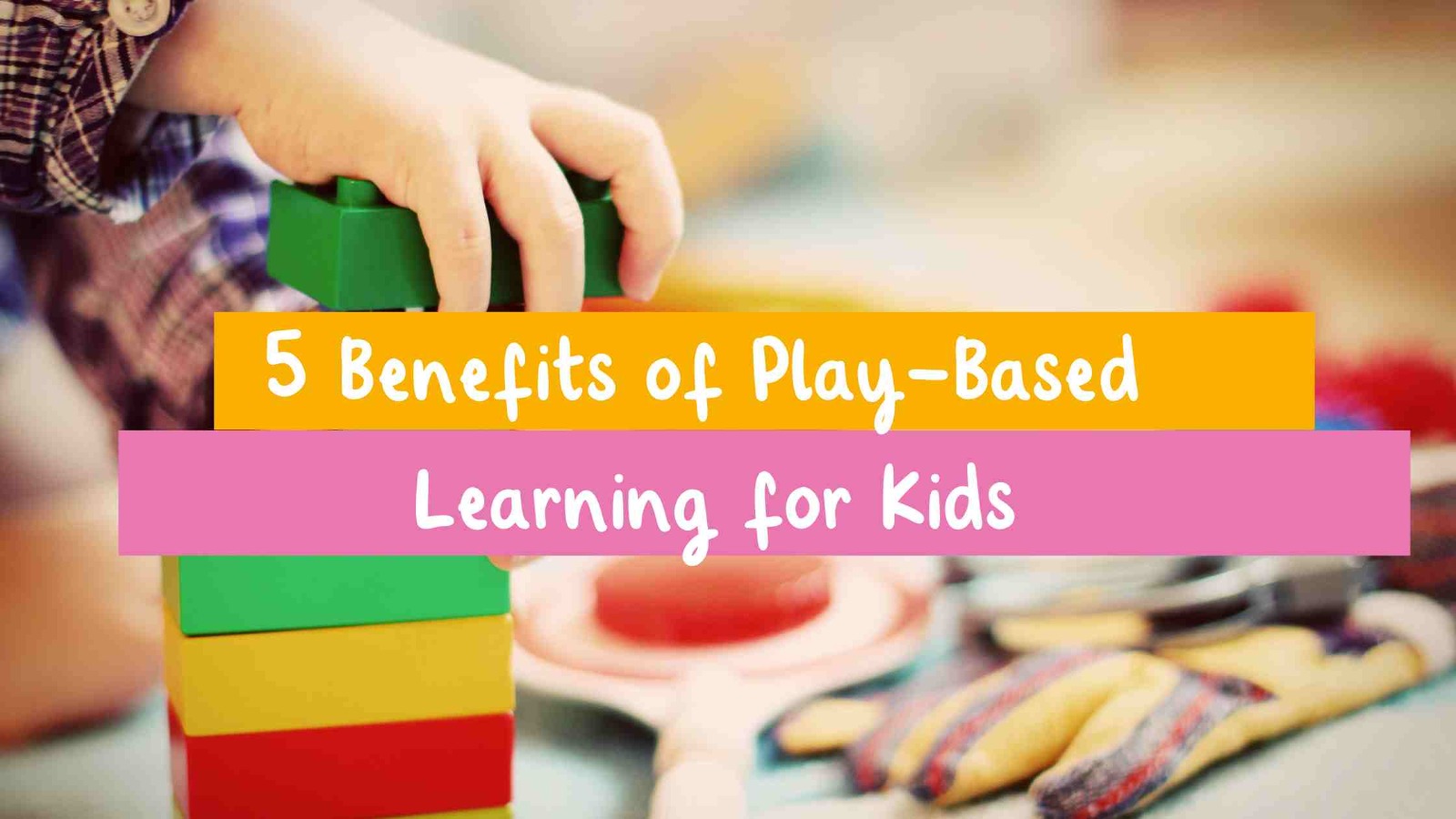Benefits of Play Based Learning in Preschool
In early childhood education, the concept of play has long been recognized as a powerful tool for fostering growth and development. The benefits of play based preschool are its ability to engage young minds, promote holistic development, and create a solid foundation for future learning. This article will delve into the multifaceted benefits of play based learning in preschool.

The Role of Play in Early Childhood Education
Play is more than just fun and games; it's a fundamental way children interact with and make sense of the world around them. It is the medium through which they discover, experiment, and acquire new skills. The benefits of play based learning in early childhood embraces this natural inclination of children and seamlessly integrates it into their educational journey, allowing them to explore concepts and develop skills in a hands-on and engaging manner.
- Active Engagement and Imagination- The benefits of play based learning in preschool environments is that children are encouraged to use their imagination and creativity freely. Children develop their imaginative thinking through various forms of play, such as pretend play, building blocks, or creating art. This helps them come up with innovative ideas and nurtures their problem-solving abilities as they explore different scenarios and possibilities.
- Social and Emotional Development- Social interactions are an integral part and benefits of play based learning, as highlighted by Harrow International School in Hong Kong. When children engage in group activities, they learn how to share, cooperate, negotiate, and resolve conflicts. These interactions provide a platform for them to develop essential social skills that lay the foundation for their future relationships. Additionally, play allows children to express their emotions and understand the emotions of others, promoting emotional intelligence.
- Language and Communication Skills- It provides numerous opportunities for language development. Whether it's engaging in pretend conversations, telling stories, or playing games that involve communication, children are continually exposed to new vocabulary and language structures. This immersion in language-rich environments enhances their language skills and prepares them for effective communication in various contexts.
- Cognitive Growth and Problem-Solving- It is a natural breeding ground for cognitive development. When children immerse themselves in activities that require problem-solving, critical thinking, and decision-making, they exercise and strengthen their cognitive faculties. Whether it's figuring out how to construct a stable tower of blocks or strategizing in a group game, these experiences contribute to their cognitive growth.
- Hands-On Learning and Sensorimotor Skills- Preschoolers are inherently tactile learners who gather information about their surroundings through their senses. It taps into this natural tendency by offering hands-on experiences that engage their senses. Whether it's pouring and measuring in a water play station or molding shapes with playdough, these activities enhance sensorimotor skills, hand-eye coordination, and fine motor skills.
- Intrinsic Motivation and Love for Learning- One of the most remarkable aspects of it is its ability to cultivate a genuine love for learning. Unlike traditional teaching methods that may rely on external rewards, play itself is inherently rewarding for children. The joy and satisfaction they experience when building a tower, solving a puzzle, or creating a masterpiece drive their intrinsic motivation to explore and learn more.
Conclusion
The benefits of play based learning in preschool embrace the innate curiosity, creativity, and energy of young children. It harnesses the power of play to promote holistic development across cognitive, social, emotional, and physical domains. Offering a rich and engaging learning environment prepares children for academic success and equips them with essential life skills. As people continue to explore innovative educational methods, let's consider play's significance in shaping tomorrow's bright minds.



